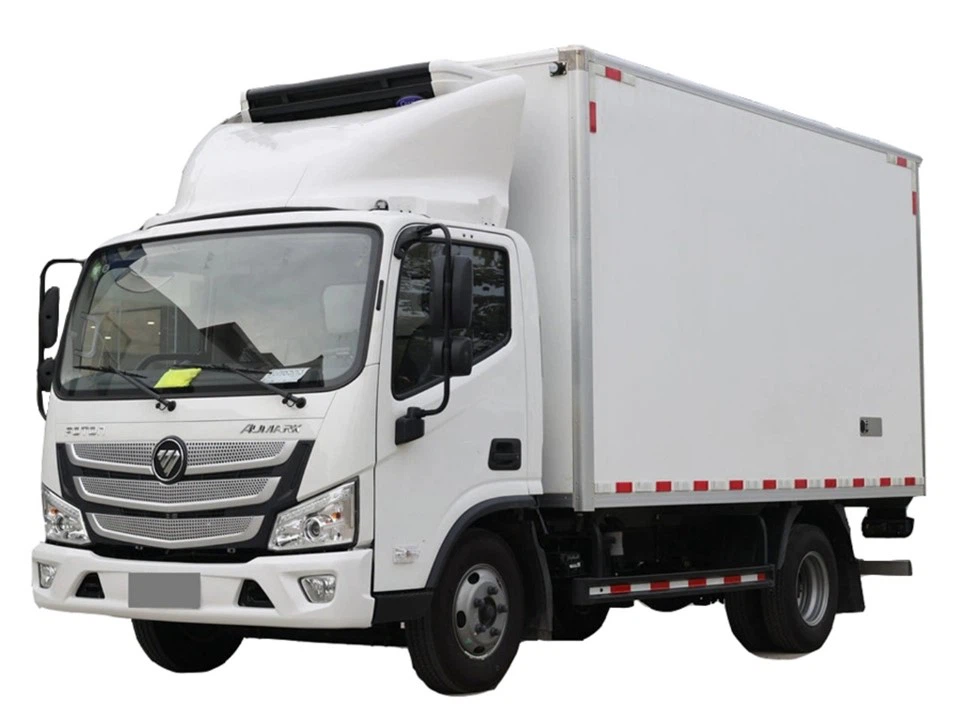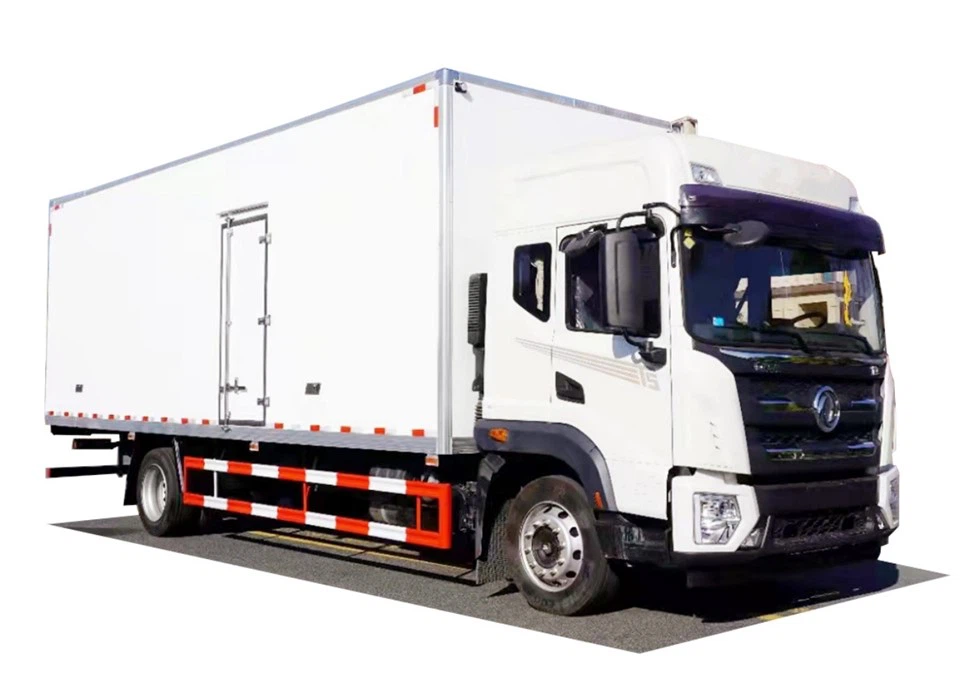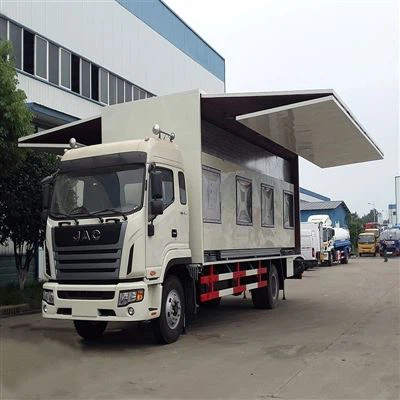Crew Cab vs Double Cab: Understanding the Differences and Benefits

When it comes to choosing the right pickup truck, understanding the cab configuration is crucial. Two of the most popular options in the market today are crew cab and double cab models. Each option offers unique benefits and characteristics that appeal to different types of drivers and their specific needs. This comprehensive article will explore the differences between crew cab and double cab configurations, discuss their advantages and disadvantages, and help you determine which is the best fit for you.
What is a Crew Cab?
A crew cab is designed to provide maximum passenger space, featuring four full-sized doors and a spacious back seat area. This configuration is ideal for families, work crews, or anyone needing to transport multiple passengers while still having the capacity to haul cargo. Crew cabs generally offer ample legroom for both front and rear passengers.
Key Features of Crew Cabs
- Four full-size doors for easy access
- Increased rear passenger space
- Versatile seating for up to six people
- More cargo space in back compared to standard cabs
What is a Double Cab?
The term “double cab” is often used interchangeably with “crew cab,” but there are subtle differences depending on the manufacturer. Double cabs usually have four doors as well but may provide a slightly smaller rear passenger area compared to a crew cab. This design can offer a balance between passenger capacity and bed length.
Key Features of Double Cabs
- Four doors for rear access, may vary in size
- Typically, less rear legroom compared to crew cabs
- Suitable for families or work use
- Often offers a longer bed option
Comparison of Crew Cab vs Double Cab
| Feature | Crew Cab | Double Cab |
|---|---|---|
| Passenger Space | More spacious rear seating | Less spacious rear seating |
| Access | Four full-size doors | Four doors, size may vary |
| Seating Capacity | Up to 6 passengers | Typically 5 or 6 passengers |
| Bed Length Options | Shorter bed options | Longer bed options available |
| Overall Use | Family use, work crews | Versatile for families, unfavorable for excessive passenger use |
Advantages of Crew Cabs
Comfortable Passenger Space
The crew cab’s spacious interior can comfortably accommodate larger families or groups. Everyone will appreciate the legroom and headspace, crucial for long journeys or trips where multiple people are riding together.
Versatile Usage
If you need to transition between work and family duties, a crew cab provides enough seating and storage to handle either scenario. It’s perfect for transporting work crews or going on weekend family trips.
Enhanced Safety
With more room for passengers, crew cabs often come equipped with advanced safety features and better crash test ratings, providing additional peace of mind.
Advantages of Double Cabs
More Cargo Space
While some double cab models offer slightly less rear seating space, they often feature longer bed options. This attribute can be vital for those who haul larger loads or need extra space for tools and materials.
Cost-Effectiveness
Double cabs sometimes come at a lower price point compared to crew cabs. If budget is a concern, you may find a double cab model that fits your financial plans while still meeting your needs.
Versatile Configurations
Manufacturers offer various configurations and trims for double cabs. This means you can find a model that perfectly balances your needs between passenger space and cargo capacity.
Practical Examples of Use Cases
Family Use
If you have a large family, the crew cab is generally the better option. For instance, a family of six can easily fit, ensuring a comfortable trip to the mountains. On the other hand, if you have complete control over the rear passenger count, a double cab may suffice.
Work Use
Construction teams or utilities might prefer double cabs due to their longer bed length, allowing for easier transport of tools and materials while accommodating a driver and one or two passengers.
Outdoor Activities
For camping trips where a larger group is present, the crew cab is beneficial for transporting both people and gear. Ensure all essentials fit without sacrificing passenger comfort on long drives.
Tips for Choosing Between Crew Cab and Double Cab
Identify Your Primary Need
Determine whether you require more passenger space or cargo capacity. This insight will guide your decision significantly.
Consider Your Budget
Double cabs may cost less than crew cabs in some models. Review your budget and weigh the options accordingly.
Test Drive Both Options
Never underestimate the importance of a test drive. Experiencing both configurations will give you a better understanding of which one feels right for you.
Evaluate Your Lifestyle
Think about how you plan to use the vehicle. If it’s primarily for family use, a crew cab is the way to go. If business is the priority, consider a double cab.
FAQs About Crew Cab vs Double Cab
1. Is there a significant price difference between crew cab and double cab models?
On average, crew cab models tend to be slightly more expensive due to their larger size and added passenger amenities, though this can vary by manufacturer and trim.
2. Can a double cab safely transport children?
Yes, most double cabs come with full-size doors and secure seating options, making them a safe choice for transporting children.
3. Which cab style provides better resale value?

Generally, crew cabs retain a higher resale value due to their popularity for family use and passenger comfort. However, specific models and trends can affect this.
4. Are crew cabs better for off-road adventures?

Both crew and double cabs can be equipped for off-roading. However, individual vehicle specifications, such as ground clearance and drivetrain, matter more than cab style.
5. Which option is more fuel-efficient?

Fuel efficiency can depend on the specific truck model, engine choice, and cab weight. Double cabs may have an edge in some configurations due to lighter overall weight.
6. Can double cabs be modified for additional back seat space?
While some modifications are possible, it’s essential to consider warranty implications and consult a professional to explore practical solutions for enhancing rear space.
